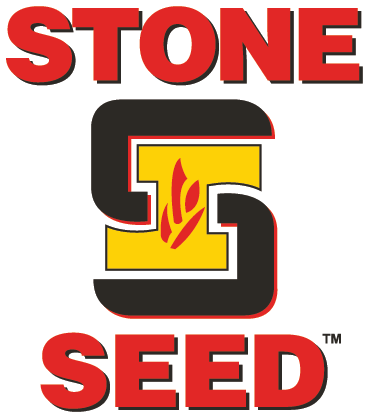Harvest delays can occur for several reasons such as late planting, unfavorable weather during the growing and harvest season, or equipment issues.
Late Fall or Spring Harvest
Assessing your corn crop now is a good first step toward helping you make the decision when to harvest. Assessments to make include:
- Stalk strength.
- Ear health.
- Insect damage.
- Ear shank attachment.
Fields with good stalk strength and a soundly attached ear might be good candidates field for delayed harvest. A crop that has weak plant integrity now is at the greatest risk of crop losses if harvest is delayed. In addition, to reduce yield potential, the risk for volunteer corn increases with reduced plant integrity.

Some of the factors that play into the success of overwintering are out of our control, like wildlife damage and weather (Figure 1, left). A Wisconsin study indicates that regardless of year, heavy snow cover can be a major problem (Table 1). If a corn grower is seriously considering leaving corn stand through winter, the most important question that needs answering is, “Will the revenue lost by winter crop damage be less than the cost of drying this fall?” If the value of corn loss over winter from ear drop, disease, or animal feeding is more than the drying cost, then fall harvest would be advantageous (Table 2).

Very little yield loss information is available for soybean fields left through the winter months; however, the potential for yield loss is likely to increase. Heavy snow can cause soybean plants to lodge or break off and become difficult to harvest (Figure 1, right). During melting cycles, pods can become wet and break open when seeds enlarge because of increased moisture content. Exposed seeds can fall to the ground, lose quality, or become food for foraging wildlife. High plant populations and soybean products with marginal standability characteristics may have a negative impact on winter-time standability.
The risk of experiencing seed damage from disease such as Diaporthe (pod and stem blight) is also increased with delayed harvest.3
Harvest Consideration
When the decision to head into the field to finish harvest is made, there are some factors to consider.1
- Is the soil thawed enough to drive on but not thawed so much that you will tear up the field and potentially cause soil compaction?
- Is there any snow or moisture on the plants, and if so, what is the air temperature? While a combine can thresh wet or frozen corn, the combination of plant moisture and air temps (between 27 °F and 35 °F) can create an evaporative cooling effect and create some problems with cleaning.
- Is the corn still standing? Will more go down if you wait? If stalk lodged corn is a problem, waiting until the stalks are dry will reduce feeding problems into the combine.
- How much additional field loss with occur if you wait?
- If the corn is not dry, do you have a place to take the wet corn or a have access to a dryer to reduce the moisture to a safe level for storage?
- Potential for volunteer corn in the following crop.
- Potential damage to equipment if harvesting through snow and wet fields.
- Will waiting cause delays with next year’s crop?

Sources:
1 Jasa,P. 2010. CropWatch: Tips for harvesting in the snow. University of Nebraska-Lincoln.http://cropwatch.unl.edu
2 Schneider, N and Laurer, J. 2009. Weigh the risk of leaving corn stand through winter. University of Wisconsin Extension.
3 Staton, M. 2013. Recommendations for a late soybean harvest. Michigan State University Extension. http://msue.anr.msu.edu
Web sources verified 10/17/18. 180808110248
